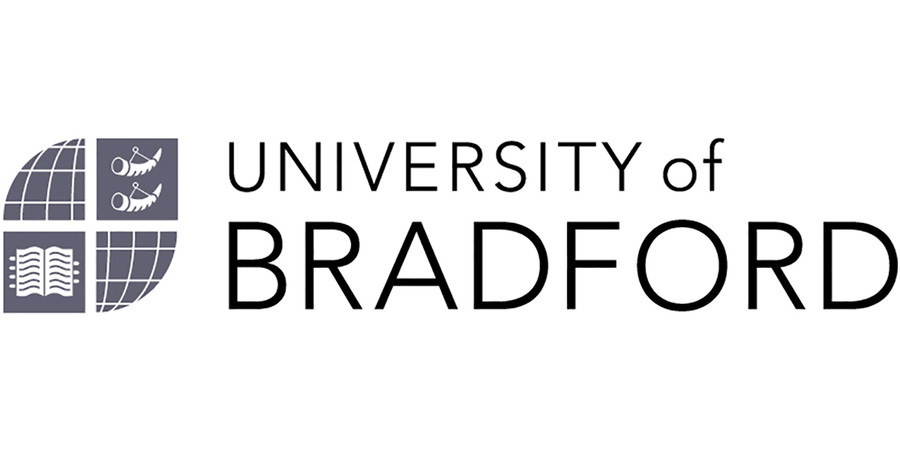PhD Studentship: Investigating Perineuronal Net Modulation as a Mechanism Underlying Diet Induced Cognitive Impairment
University of Bradford - Institute of Health and Social Care
| Qualification Type: | PhD |
|---|---|
| Location: | Bradford |
| Funding for: | UK Students, EU Students, International Students |
| Funding amount: | Tax-free stipend of £20,780 per year for living cost plus full tuition fees covered. |
| Hours: | Full Time |
| Placed On: | 14th November 2025 |
|---|---|
| Closes: | 7th January 2026 |
PhD studentship, University of Bradford, Institute of Health and Social Care
Application Deadline: 7 Jan 2026
Project Supervisors:
Dr Stuart Dickens, Dr Sam McLean, Dr Gisela Helfer, Dr Jessica Kwok
Project Description:
Understanding how nutrition can affect cognition is important in our modern world as it has been shown that poor nutrition, linked to the overconsumption of ultra processed foods high in fat and/or sugar can cause cognitive impairment. However, it is not yet known how poor nutrition causes the cognitive impairment or if a particular macro-nutrient is behind it.
Cognition refers to a range of mental processes including attention, memory, decision making and problem solving. At a brain level, it relies on the appropriate and synchronous firing of neurons which can be measured as oscillations. Disruption in a specific frequency oscillation band, termed gamma oscillations (GO), are correlated with cognitive impairment in both humans and animals. GO are the result of communication between two neuronal populations, excitatory pyramidal and inhibitory parvalbumin neurons in the prefrontal cortex. Interestingly, both populations are enwrapped by extracellular neuronal coatings called perineuronal nets (PNNs), which help regulate synapse formation. PNN formation is concurrent with GO maturation and their removal disrupts GO, indicating a key role in cognition.
This project takes an interdisciplinary approach to address this problem using dietary interventions on animal models of cognition. During this project you will learn techniques from a range of disciplines including: animal behavioural testing (e.g. novel object recognition test), biochemical techniques (e.g. qPCR, Western blotting and immunohistochemistry), genetic manipulation and electrophysiology.
About the BBSRC Yorkshire Bioscience Doctoral Training Partnership (YBDTP):
The YBDTP brings together world-class bioscience research and innovation, as well as excellence in doctoral supervision, across the Yorkshire and Teesside region. In YBDTP you'll benefit from a regional doctoral training programme that has interdisciplinary collaboration at its core. The aim is to enable you to develop a range of research skills in biological, biotechnology and biochemical areas as well as equip you with core data analysis and professional skills that are necessary for bioscience research and related non-academic careers.
Funding notes:
This project has full funding for UK students, which will cover tuition fees, a tax-free stipend of £20,780 per year for living costs, and a Research Support Grant.
Funding for:
Open to International (including EU) and UK students.
You can apply if you have, or are expecting to gain, at least an upper second-class honours degree or equivalent. Due to the interdisciplinary nature of this programme, we welcome applications if your background is in any biological, chemical or physical science or mathematics and are interested in using your skills in addressing biological questions. International students should check if they meet the entry requirements for the host university.
We aim to support the most outstanding applicants from outside the UK and are able to offer a very limited number of bursaries that will enable full studentships to be awarded to international applicants. These full studentships will only be awarded to exceptional quality candidates, due to the highly competitive nature of this scheme.
Enquiries email name and address:
For informal enquiries, please contact research@bradford.ac.uk
How to apply:
Potential candidates should apply directly online through the online application portal.
Advert information
Type / Role:
Subject Area(s):
Location(s):









